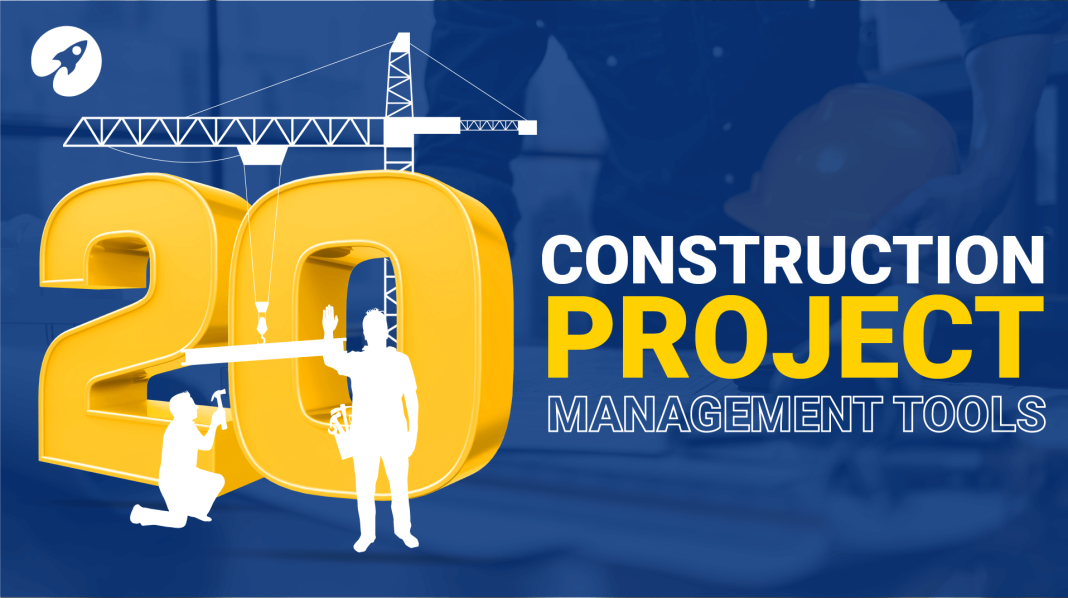In the dynamic realm of construction project management, success hinges on efficient organization, seamless communication, and meticulous oversight. In today’s digital age, leveraging cutting-edge tools is paramount to navigate the complexities of construction projects. From scheduling and budgeting to collaboration and documentation, the right project management software can revolutionize workflows, enhancing productivity and profitability. Here, we explore a curated selection of top-tier construction project management tools essential for professionals in the field.
1. Procore
At the forefront of construction project management software stands Procore, a comprehensive platform tailored to meet the industry’s diverse needs. Procore facilitates seamless collaboration among project stakeholders, offering features such as document management, scheduling, budgeting, and quality control. Its intuitive interface streamlines communication, ensuring real-time access to critical project data, thereby enhancing transparency and accountability across teams.
2. Autodesk BIM 360
In the era of Building Information Modeling (BIM), Autodesk BIM 360 emerges as a game-changer in construction project management. By centralizing project data and fostering collaboration in a cloud-based environment, BIM 360 enables stakeholders to visualize designs, detect clashes, and optimize construction workflows. From pre-construction planning to facility management, this robust tool empowers professionals to drive efficiency and innovation throughout the project lifecycle.
3. PlanGrid
Efficient construction project management hinges on effective document management, and PlanGrid excels in this domain. By digitizing blueprints, drawings, and RFIs (Request for Information), PlanGrid eliminates the hassles of paper-based documentation, ensuring that teams have access to the latest information anytime, anywhere. Its intuitive mobile app enables on-site personnel to annotate drawings, report issues, and track progress seamlessly, thereby accelerating decision-making and mitigating risks.
4. Primavera P6
For large-scale construction projects characterized by intricate schedules and resource management, Primavera P6 remains a trusted ally for project managers. Renowned for its robust scheduling capabilities and sophisticated analytics, Primavera P6 empowers users to optimize project timelines, allocate resources efficiently, and monitor progress comprehensively. With its powerful reporting features and integration capabilities, Primavera P6 equips professionals with the tools they need to deliver projects on time and within budget.
5. Microsoft Project
As a stalwart in project management software, Microsoft Project continues to be a preferred choice for construction professionals seeking versatility and scalability. Whether managing small-scale renovations or mega-construction projects, Microsoft Project offers a range of features, including task scheduling, resource allocation, and Gantt chart visualization. With seamless integration with other Microsoft Office applications and cloud-based collaboration, Microsoft Project fosters productivity and agility in construction project management.
Conclusion
In the fast-paced world of construction project management, staying ahead of the curve is imperative for success. By harnessing the power of innovative project management tools, professionals can streamline workflows, optimize resource utilization, and mitigate risks effectively. From Procore’s collaborative platform to Autodesk BIM 360’s BIM-centric approach, each tool brings unique capabilities to the table, empowering construction professionals to deliver projects on time, within budget, and to the highest quality standards. As technology continues to evolve, embracing these top construction project management tools is essential for navigating the complexities of modern construction projects with confidence and efficiency.


